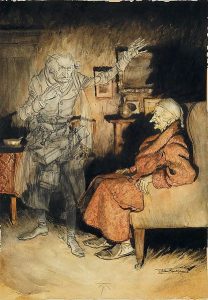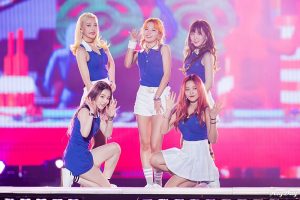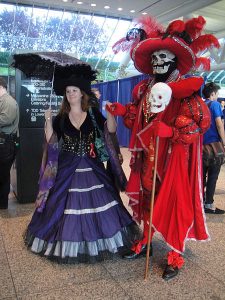Putting Christ Back in Christmas

Some are calling for a stronger connection between Christianity and Christmas, concomitantly rejecting the term “Xmas” as blasphemous, deploring the substitution of “Happy Holidays” for “Merry Christmas,” and urging generally that we “put Christ back in Christmas.” Sincere religious beliefs prompt most of this campaign, but to what extent has Jesus Christ ever been the true heart of Christmas?
The Bible does not give the date of Jesus Christ’s birth, and it was not until the fourth century that the Catholic Church recognized December 25th as Jesus Christ’s birthday. Historians have suggested the day was selected to coincide with pagan winter solstice celebrations that were held in many locations throughout Europe. The solstice came at roughly the same time large numbers of cattle were slaughtered so they would not have to be fed during subsequent months. Meat was as a result plentiful, as was the wine and beer that had been started during the preceding spring and summer and had now fermented.
In some areas, the partying was raucous and drunken, comparable perhaps to the partying that occurs at Mardi Gras.


